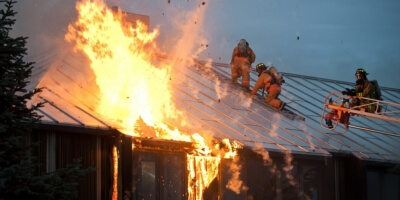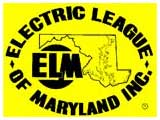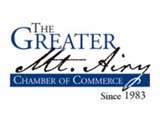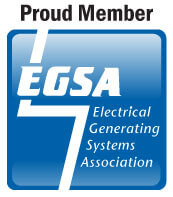 With winter’s coldest months upon us, we ask that people be aware of electrical fire hazards.
With winter’s coldest months upon us, we ask that people be aware of electrical fire hazards.
In an average year, heating is the cause of 17 percent of structure fires; however, in winter, especially during the coldest months, heating fires jump to 27 percent of structure fires, according to the U.S. Fire Administration.
Recognize Signs of Trouble
Be alert and learn to recognize signs of electrical trouble waiting to happen. Some warning signs that could lead to an electrical fire are:
- Lights flicker for no apparent reason
- You wiggle a switch and it feels “floppy” in your hand and/or the lights flicker or go on and off
- The light switch doesn’t turn the lights on or – even worse – won’t turn them off
- An unusual smell
- Discolored receptacles, switches or other electrical devices
- Sparks or noises (especially like “frying eggs)
- Frayed wires or loose connections
- Overloaded outlets, extension cords or surge protectors
- Circuit breakers trip – and be especially concerned if they won’t reset!
If you see any of these signs of electrical problems, call an electrician immediately. A qualified electrician can identify possible causes, such as short or overloaded circuits, improperly-rated fuses and breakers, and not having ground-fault protection where it’s needed to protect against shock hazards.
Little Sparkie Electric offers safety checks as part of our services, and we see scary things just about every day. We check circuit breakers and wire connections, look for deterioration and corrosion, run tests to help ensure that electrical equipment is functioning correctly, and make recommendations to help ensure safety.
And you should always check to make sure your smoke alarms are working; we also install hard-wired alarms to comply with local electrical codes.
Winter Storms Can Cause Extra Hazards
Winter storms such as those the Eastern Seaboard has experienced in recent years, can cause additional hazards. These include:
- Alternative heating devices such as space heaters, being used incorrectly.
- Damaged or downed utility lines.
- Water damaged appliances and utilities can be electrically charged.
- Frozen water pipes can burst and cause safety hazards.
- Leaking gas lines, damaged or leaking gas propane containers, and leaking vehicle gas tanks may explode or ignite.
- Generators are often used during power outages, but if they’re not properly used and maintained they can be hazardous.
We always advise people to always follow manufacturers’ instructions and guidelines. Always use a generator or other fuel-powered machines outside of the home in a well-ventilated location, as carbon monoxide fumes are odorless and can quickly overwhelm you indoors.








